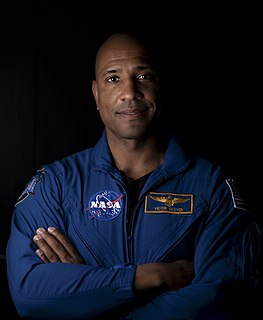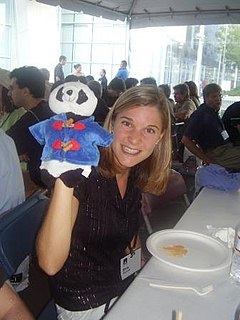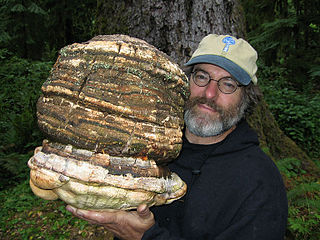A Quote by John Glenn
The space station is the most unique laboratory we've ever built. The reason we have it is to do research on materials, people, medical matters, pharmaceuticals - the possibilities are nearly endless.
Related Quotes
This is a really big space station. We do a lot of various kinds of work here, different kinds of science experiments; we have over 400 different experiments going on at any one time in different areas, from basic science research to medical technology, that hopefully will benefit more people on Earth.
We were trying to do as much science as we could because that was the main purpose of the international space station. But without the shuttle to bring up heavy laboratory equipment and bring back samples, we were limited by what we could do, but I was proud that we actually accomplished more science that was planned for the flight. And I got a chance to do two Russian spacewalks on that flight, I had become an expert in U.S. spacewalks and using U.S. suits and techniques, and this was a chance to put on a Russian Orlan suit and do two construction space flights outside of the space station.
I always call myself a space construction worker. We were only the second mission ever to go to the space station. There was nothing on board. We brought the first three tons of equipment, including some of the Imax camera stuff. We literally switched the light on to the station and walked in. It was an assembly mission.
The International Space Station is a phenomenal laboratory, an unparalleled test bed for new invention and discovery. Yet I often thought, while silently gazing out the window at Earth, that the actual legacy of humanity's attempts to step into space will be a better understanding of our current planet and how to take care of it.






























